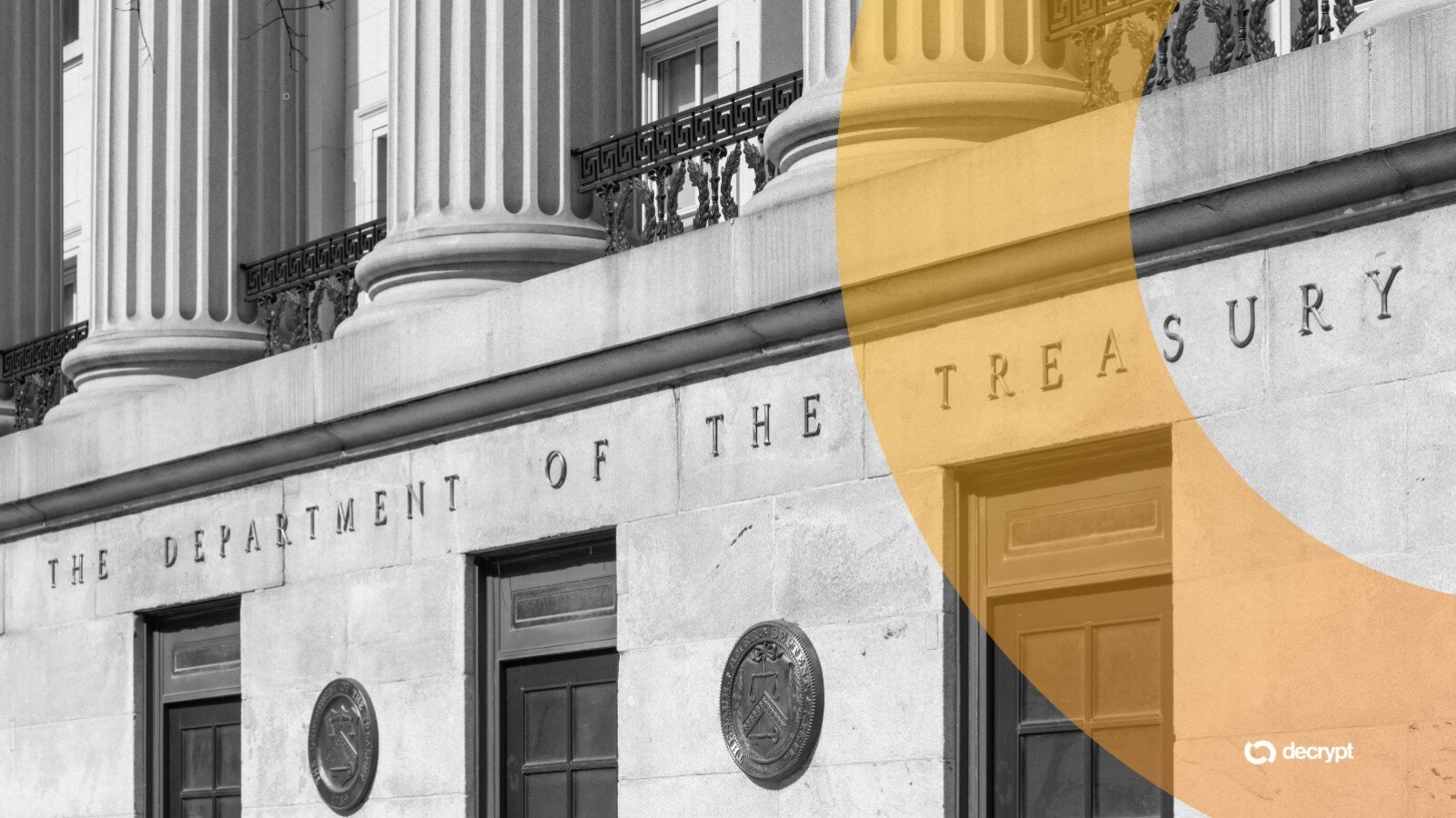US Treasury Sanctions 19 Southeast Asian Entities in $10B Cyber Scam Crackdown

US Treasury drops hammer on cybercrime networks—targeting 19 entities across Southeast Asia in massive $10 billion fraud crackdown.
The Enforcement Blitz
Sanctions hit scam operations laundering billions through crypto pipelines—freezing assets and cutting off access to US financial systems. No more business-as-usual for networks exploiting digital payment rails.
Following the Money
Authorities trace fraudulent flows through shell companies and unregulated exchanges—highlighting crypto's role in both innovation and illicit finance. Because sometimes the 'disruption' is just old-school crime with new tech branding.
Regulatory Reckoning
The move signals intensified scrutiny on offshore entities—forcing compliance or collapse. Another reminder that when traditional finance gets tough, crypto's wild west gets tamed.
Burma's criminal compound
Chinese national She Zhijiang and Karen National Army leader Saw Chit Thu built Yatai New City as a criminal empire in Burma's Shwe Kokko, a sprawling compound custom-designed for gambling, drug trafficking, prostitution, and global cyber scams, according to OFAC.
Per the Treasury, the compound operates under KNA protection, which profits from both scam operations and utility sales.
Cambodia's fraud infrastructure
The Treasury also targeted Cambodia's scam network, focusing on former casino complexes in Sihanoukville that it claims now operate as fraud centers.
The designations include T C Capital Co. Ltd., which owns the Golden Sun Sky Casino and Hotel, and K B Hotel Co. Ltd., both housing compounds where enslaved workers are forced to conduct VIRTUAL currency scams, OFAC said.
These operations are run by Chinese nationals with extensive criminal histories, the agency added, including Dong Lecheng, convicted of money laundering in China in 2008, and Xu Aimin, who served 10 years in Chinese prison for operating an illegal billion-dollar online gambling ring.
A Humanity Research Consultancy report linked Cambodia's ruling elite to a $19 billion crypto-fueled scam industry in May, while a UN report warned these syndicates are expanding operations from Southeast Asia to Africa and the Middle East.
Crypto's role in scam operations
Stablecoins like USDT are a favorite “because they let scammers instantly transfer stolen funds from a victim in the U.S. to a criminal compound in Southeast Asia," Alice Frei, head of security and compliance at Outset PR, told Decrypt.
However, Frei added, "Once investigators identify the bad actors, they can trace the money and work with companies to freeze it."
While sanctions from bodies such as OFAC are effective, she said, “they're not a silver bullet." When a money laundering hub is sanctions, “it forces exchanges and stablecoin issuers to freeze related funds, which immediately disrupts the scammers' easiest routes."
Criminal networks often "rebrand" and "set up new guarantee markets" when sanctioned, Frei said, noting that, "effectiveness depends on continuous enforcement pressure."

